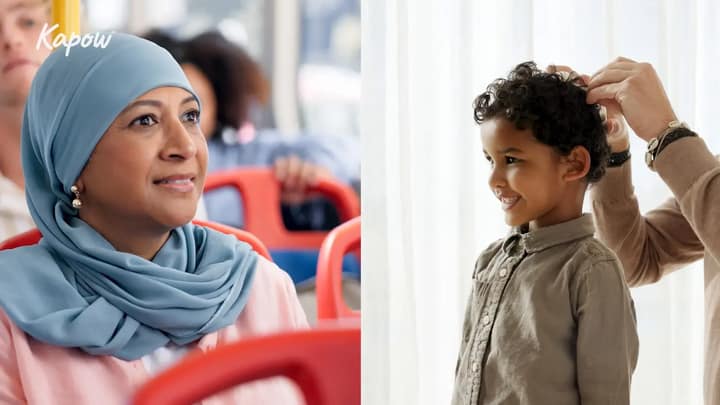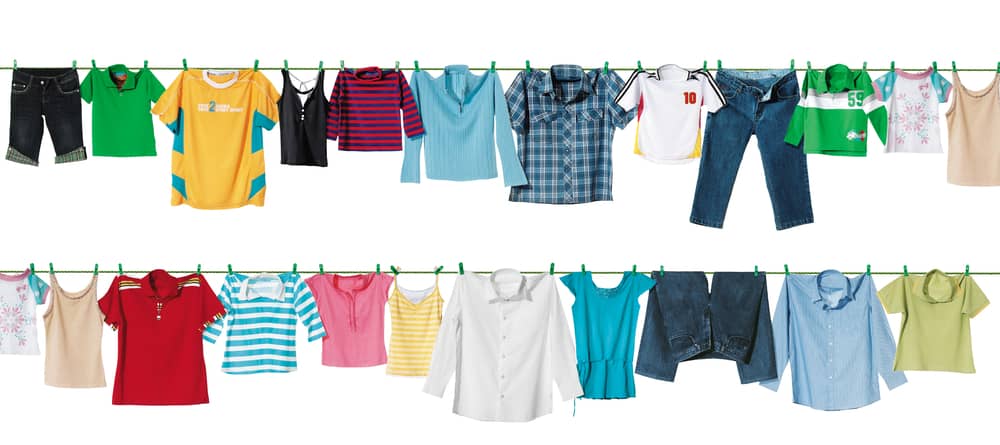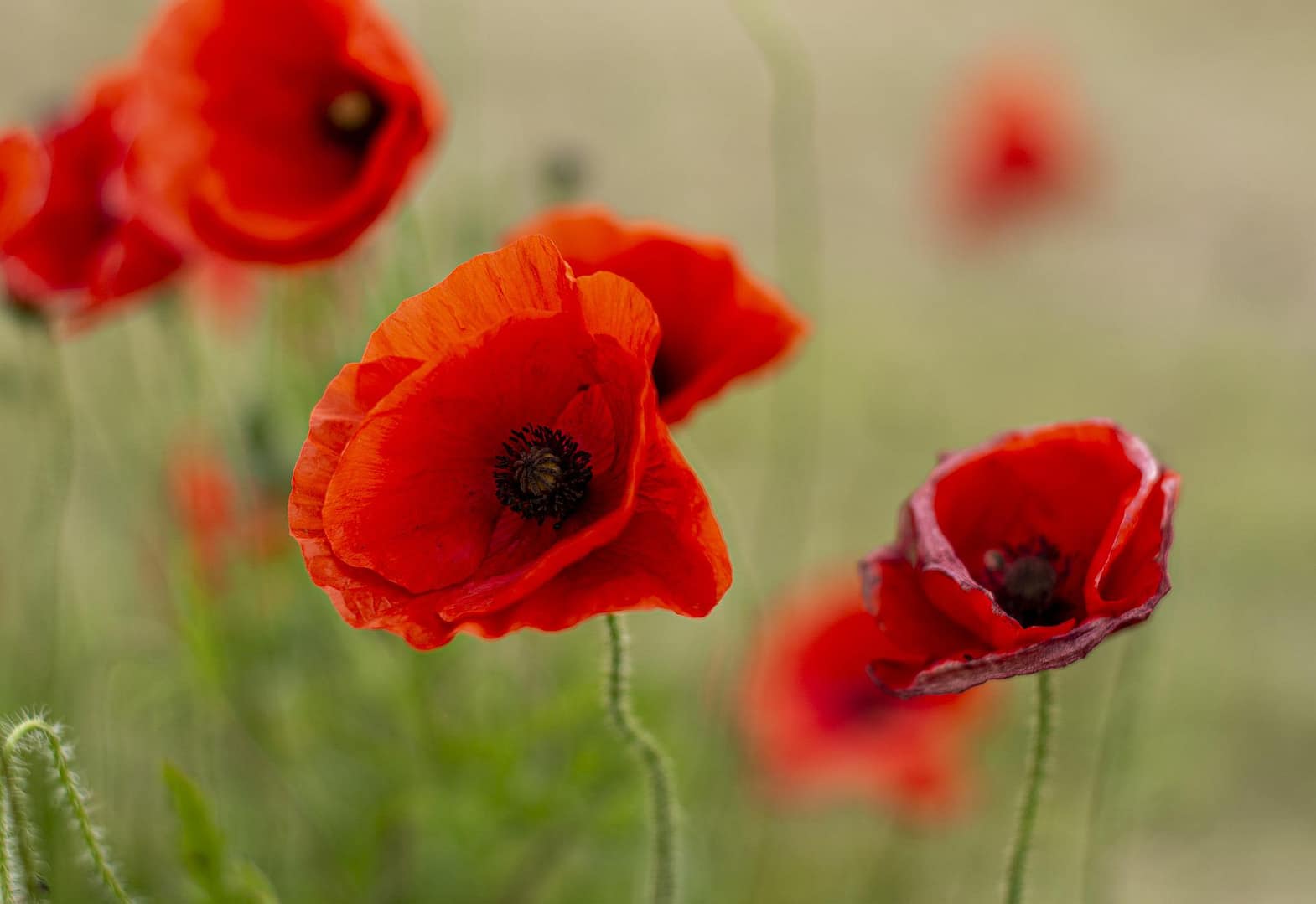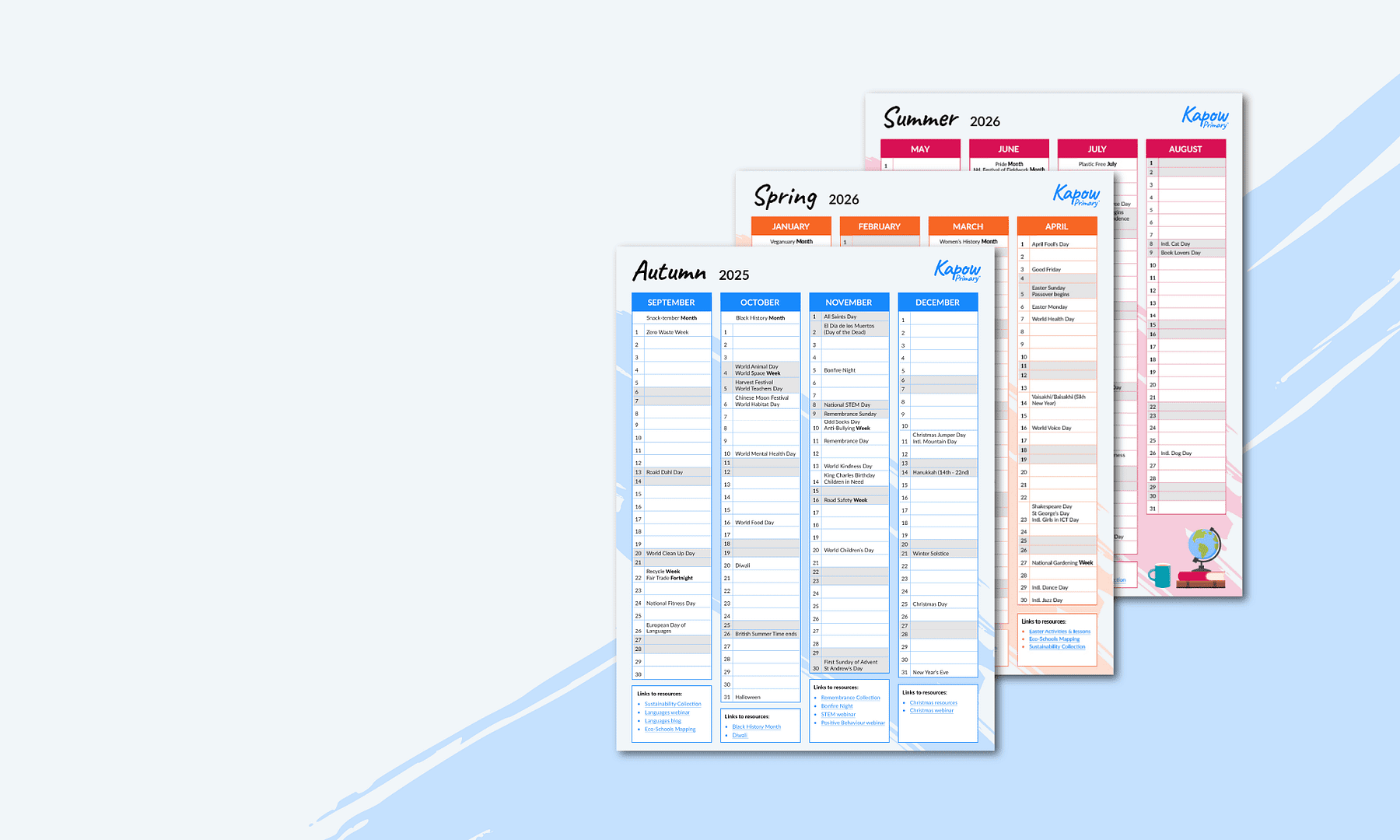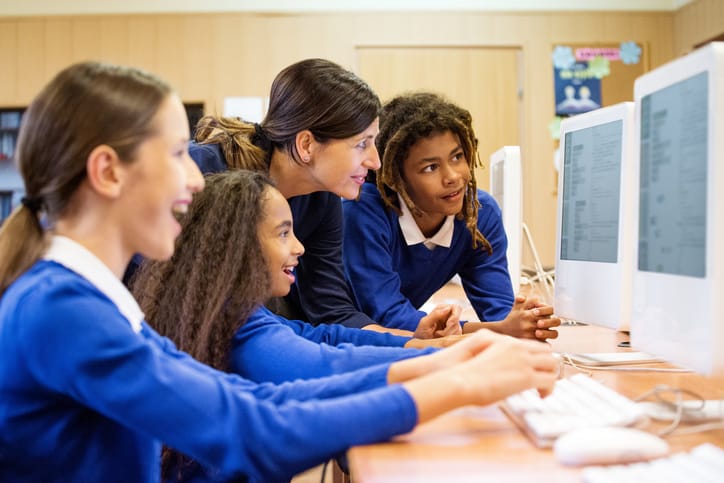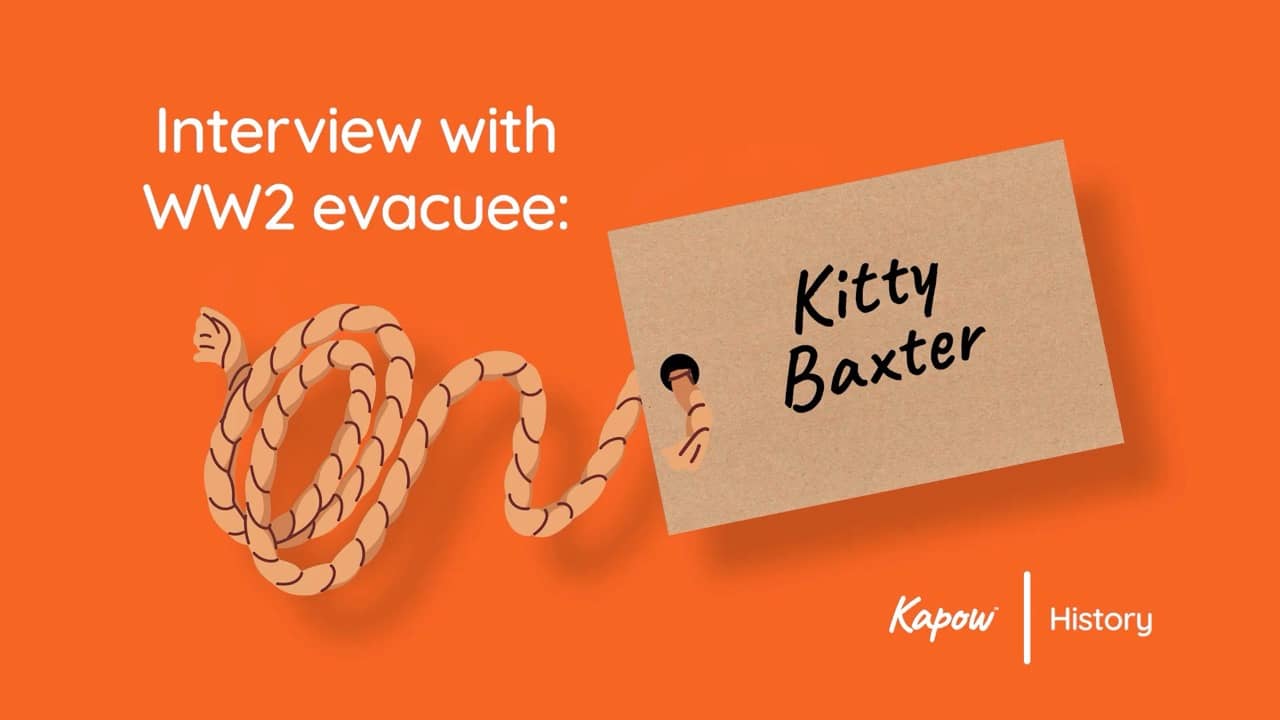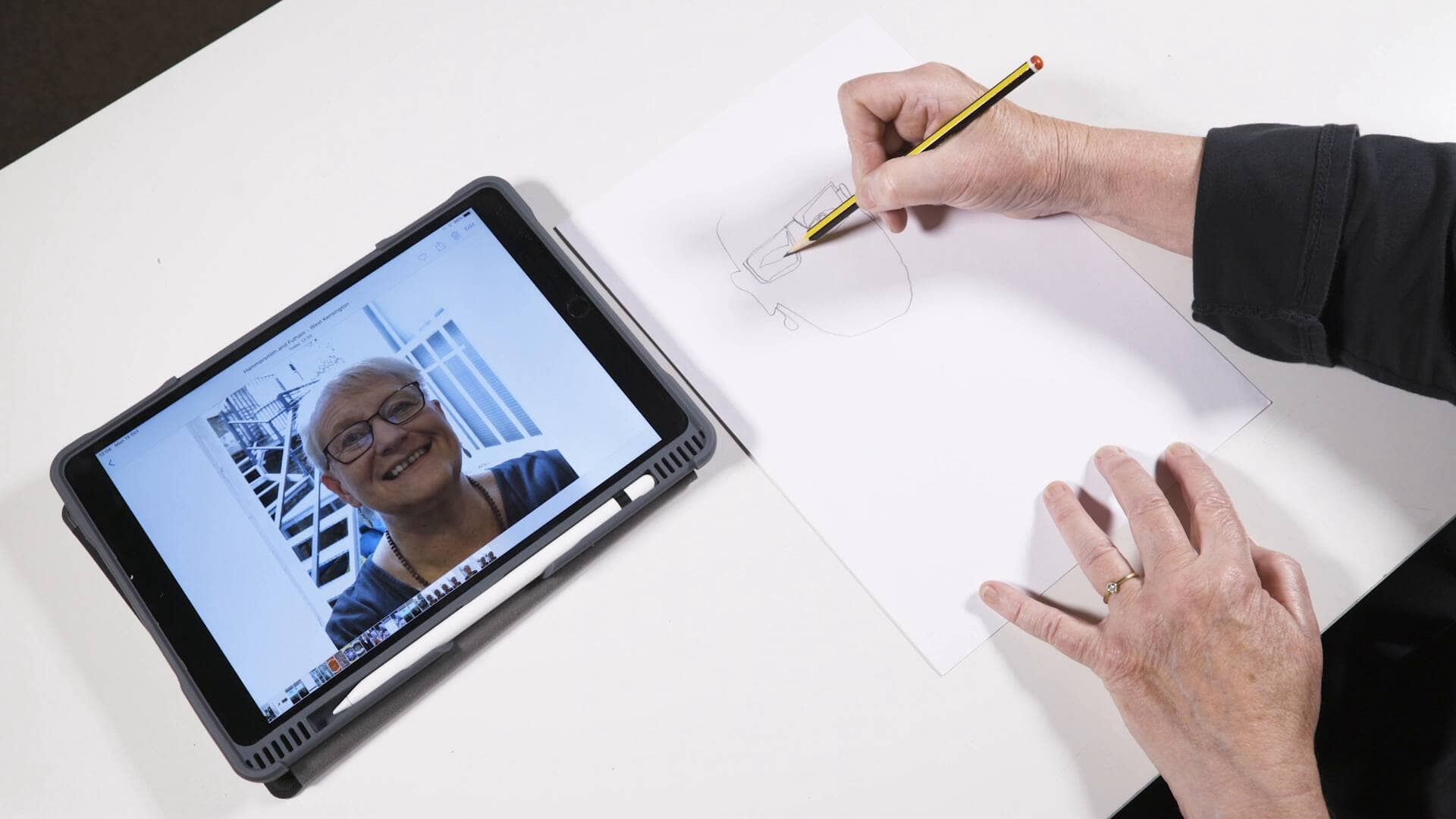This Religion and worldviews video introduces teachers to the diversity found within and between worldviews.
year: Year 6
Webinar: Modelling and Questioning in Music – Strategies for Progression
Learn how effective modelling and questioning can boost musical progress in your classroom. Music specialist Laura Forster-Rea shares practical strategies to build pupils’ confidence, deepen understanding, and support skill progression – plus a Q&A to wrap up.
Knowledge organiser – Spanish Y5/6 (B): Clothes
Webinar: Teaching Remembrance in Primary Schools
In this recorded webinar, Kapow Primary History specialists, Khatija Shakir and Alice Faulkner, share thoughtful and age-appropriate ways to help learners engage meaningfully with Remembrance across the curriculum.
The session explores:
-
Why Remembrance matters in the primary classroom
-
Sensitive and relevant approaches to teaching Remembrance
-
Cross-curricular opportunities for exploring the theme
-
Practical ideas to encourage empathy, reflection and understanding
-
An overview of Kapow Primary’s Remembrance lesson plans and resources
Annual Planner 2025 – 2026
We’ve highlighted the most relevant events for primary schools so you can see what’s coming up each month and plan with confidence.
Webinar: Code-Along Part 2 (KS2)
Webinar: Lead Your Subject With Confidence
Pupil video: An evacuee’s experience
This video introduces Kitty Baxter as she shares her personal experiences of evacuation during World War 2
Teacher video: Self-portrait
This archived Art and design scheme of work video is part of a lesson in which pupils explore self-portraits by combining technology and drawing.
Children begin by taking three selfies, before choosing their favourite to develop into a drawing. Using a sharp HB pencil and plain paper, they recreate their chosen image through a continuous line drawing, keeping their pencil on the page at all times. This approach encourages close observation, concentration and fine detail. The first attempt acts as a practice drawing. Pupils then create a final version, again without erasing, and may go over their lines with a fine liner to make their work bolder. By the end of the lesson, children will have created a self-portrait inspired by their own photograph while developing confidence and control in observational line drawing.
This video is part of Kapow Primary’s archived Year 6 Photography unit.

